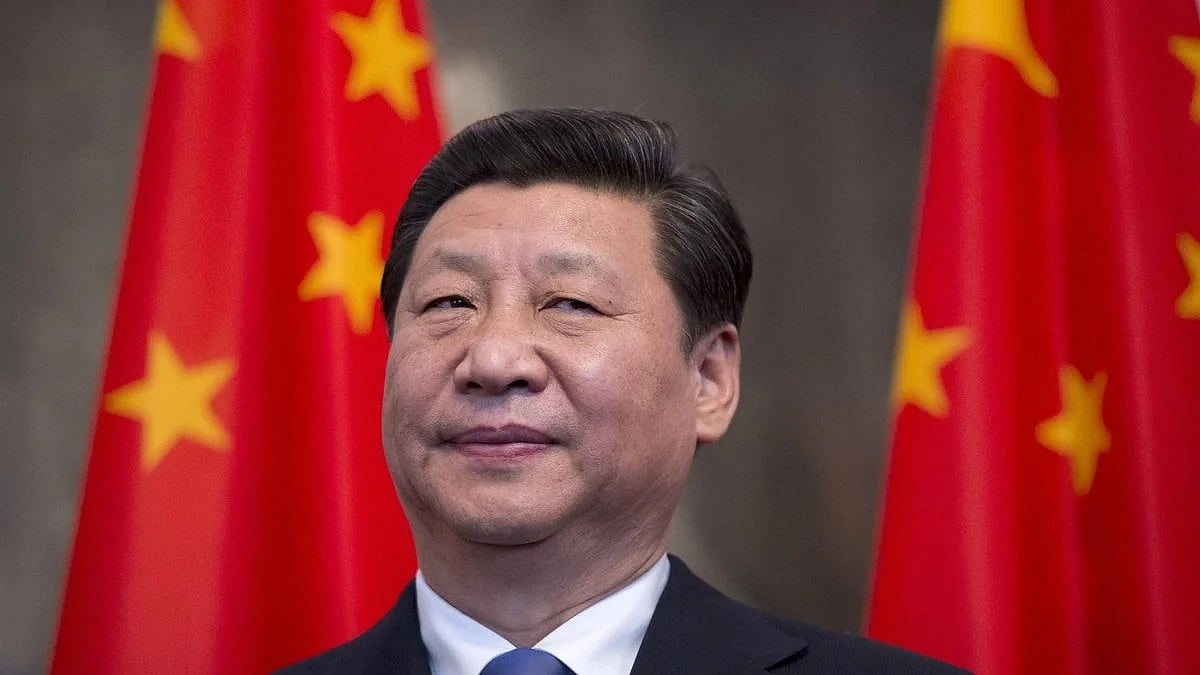World
China says Russian oil imports ‘legitimate’, warns US of 'firm counter measures'
US pressure amounts to “unilateral bullying and economic coercion”, Chinese foreign ministry says

China has defended its oil imports from Russia as legitimate and lawful, issuing a sharp warning to the United States that it will take "firm countermeasures" if Washington imposes unilateral sanctions that harm Beijing's interests.
The US approach amounts to “unilateral bullying and economic coercion”, severely undermining international trade rules and threatening global industrial and supply chain stability, Chinese foreign ministry spokesperson Lin Jian said during a media briefing.
Responding to US President Donald Trump’s recent call for China to stop buying Russian oil — after Trump claimed Indian Prime Minister Narendra Modi had assured him India would cease its Russian crude purchases — Lin reaffirmed China's objective and fair position on the Ukraine crisis, stating, “China's normal trade and energy cooperation with countries around the world, including Russia, is legitimate and lawful.”
Trump told reporters in Washington that the US was “not happy” about India’s Russian crude imports, which he said help fund Russian President Vladimir Putin’s war in Ukraine. “Modi assured me today that they will not be buying oil from Russia. That’s a big step. Now we’ve got to get China to do the same thing,” he asserted.
Lin accused the US of directing undue pressure at China and strongly opposed the imposition of illegal unilateral sanctions and extraterritorial jurisdiction over China’s trade policies. “If China's legitimate rights and interests are harmed, we will take firm countermeasures to safeguard our sovereignty, development, and security interests,” he warned.
Published: undefined
According to the Helsinki-based Centre for Research on Energy and Clean Air, India is the world’s second-largest buyer of Russian fossil fuels behind China, which is the largest importer, purchasing 42 per cent of Russia’s fossil fuel exports in recent months.
US Treasury Secretary Scott Bessent noted that China accounts for roughly 60 per cent of Russian energy imports. Russia supplies oil, liquified natural gas, and coal to China, alongside significant pipeline gas exports.
In tactful remarks on Beijing’s recent curbs on rare earth exports — critical for global electronics, automobile, renewable energy, and defence sectors— Lin defended the controls, calling them standard international practice aimed at safeguarding peace, regional stability, and fulfilling non-proliferation obligations.
China’s near-monopoly over rare earth mining and processing, with roughly 70 per cent of mining and 90 per cent of processing capacity, makes its export policies globally significant.
Trump has reacted angrily, threatening 100 per cent tariffs on Chinese goods, while Bessent said the US will coordinate a "fulsome group response" with allies including Europe, Australia, Canada, India, and Asian democracies, aiming to counter China’s supply chain management.
Commerce ministry spokesperson He Yongqian said Beijing remains open to resolving trade differences with Washington through dialogue, affirming a willingness for equal consultations based on mutual respect ahead of the forthcoming Asia-Pacific Economic Cooperation summit in South Korea.
With agency inputs
Published: undefined
Follow us on: Facebook, Twitter, Google News, Instagram
Join our official telegram channel (@nationalherald) and stay updated with the latest headlines
Published: undefined